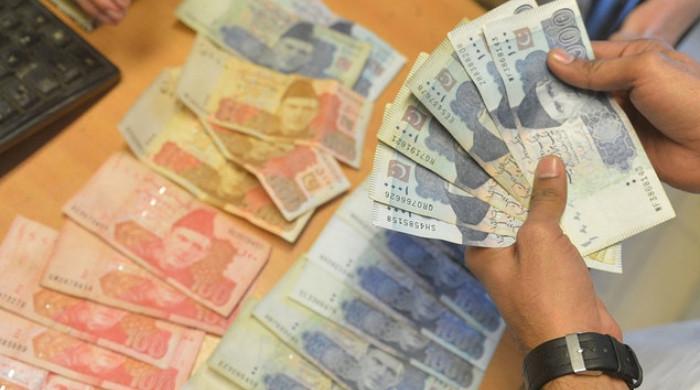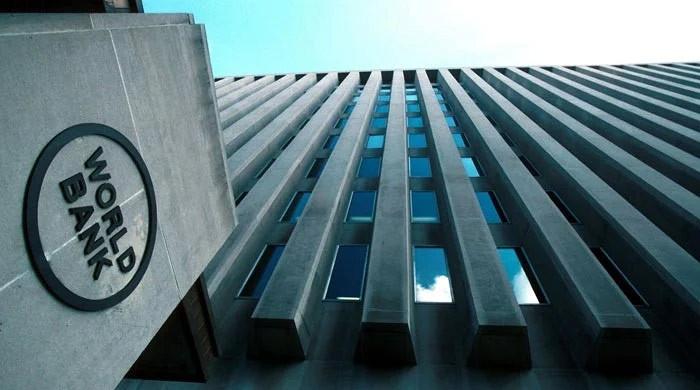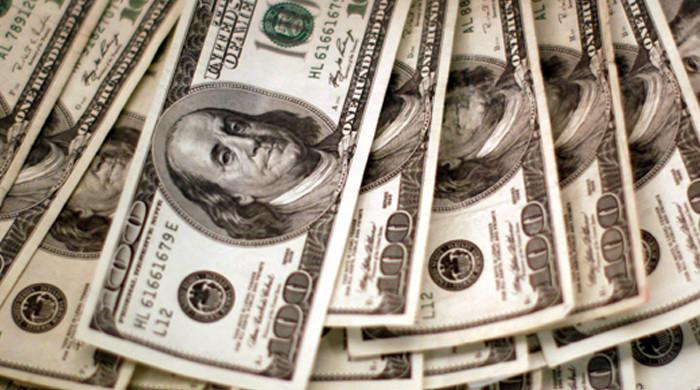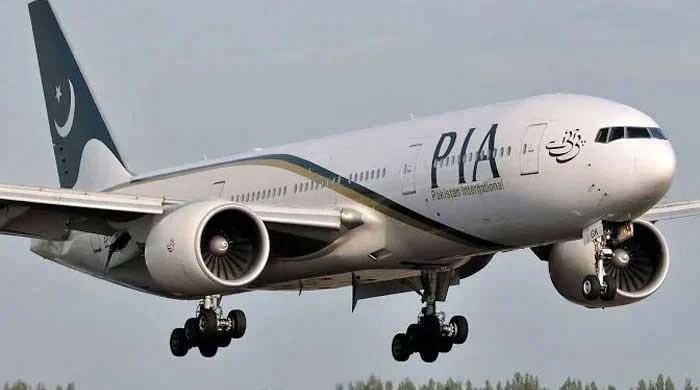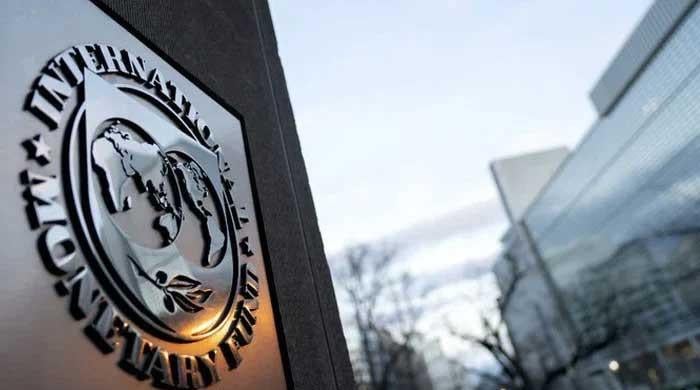IMF wants Pakistan to do more
The IMF has asked Pakistani govt to remove all compliance-related distortionary tax policy changes
March 04, 2024
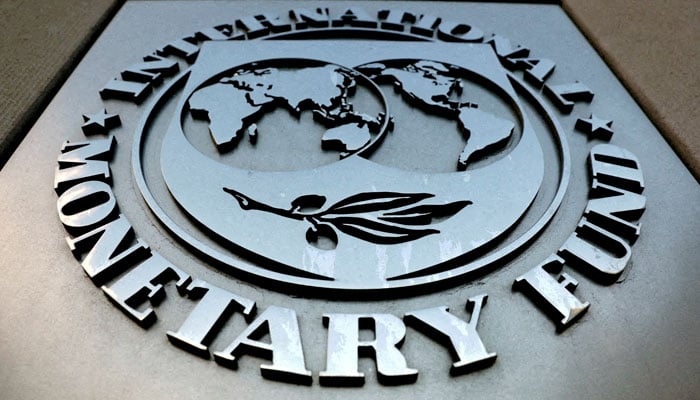
- IMF suggests measures to increase revenue collection.
- Rationalisation of GST rates could yield Rs1,300 billion.
- No assessment was made of how these steps would affect masses.
ISLAMABAD: The International Monetary Fund (IMF) has recommended the Pakistani authorities to bring several dozen items into the standard rate of General Sales Tax of 18%, including unprocessed food, stationery items, medicines, POL products and others.
According to a The News report, the IMF has estimated that the rationalisation of GST rates could yield revenues of 1.3% of the Gross Domestic Product (GDP), equivalent to Rs1,300 billion in the national kitty.
However, the IMF has not made its assessment about how much this indirect taxation would fuel inflation in the months to come.
The IMF’s recommendations highlighted eliminating the Fifth Schedule, removing exemptions of the Sixth Schedule and removing the reduced rate of tax under the Eighth Schedule of Sales Tax.
The lender is asking for the elimination of all zero ratings under the Fifth Schedule except for exported goods, restrict exemptions under the Sixth Schedule to only supply of residential property (except the first sale) and bring all other goods to the standard rate of GST.
It has also asked for removing reduced rates under the Eighth Schedule and to bring all goods to the standard GST rate except a small number of essentials such as food staples and vital education and health items, to be taxed at a single reduced rate of 10%.
“In totality, the IMF has asked removing all compliance related distortionary tax policy changes which include eliminating the minimum taxes and surtaxes as well as removing the Ninth and Tenth Schedules,” the report stated.
On rationalising the GST, the IMF has recommended eliminating all zero ratings under the Fifth Schedule except for exports. It asked to bring all other goods to the standard rate of GST, which stands at 18% at the moment.
Under the Fifth Schedule, the zero rating items may include supply to diplomats, diplomatic missions, privileged persons and privileged organisations, which are covered under various acts, orders, rules, regulations and agreements passed by the parliament or issued or agreed by the Government of Pakistan, supplies of raw materials, components and goods for further manufacture of goods in the Export Processing Zones, supplies made to exporters under the Duty and Tax Remission Rules subject to the observance of procedures, restrictions and conditions prescribed therein, imports or supplies made to Gwadar Special Economic Zone, excluding vehicles of the Pakistan Customs Tariff, imports or supplies made by, for or to a qualified investment among other items.
The IMF has also recommended restricting the exemptions under the Sixth Schedule to only supplies of residential property (except first sale) and bring all other goods to the standard rate of GST.
The Sixth Schedule, which is under consideration, may include edible vegetables imported from Afghanistan including roots and tubers, ware potato and onions, fresh, frozen or otherwise preserved, pulses, fruit imported from Afghanistan excluding apples, red chillies excluding those sold under brand names and trademarks, ginger excluding those sold under brand names and trademarks, turmeric excluding those sold under brand names and trademarks, rice, wheat, wheat and meslin flour, Holy Quran, complete or in parts, with or without translation, Quranic verses recorded on any analogue or digital media, other holy books, newsprint and books but excluding brochures, leaflets and directories, currency notes, bank notes, shares, stocks and bonds, monetary gold, empty non-toxic bags for infusion solution, dextrose and saline infusion giving sets, intra-ocular lenses and glucose testing equipment, import of articles of household and personal effects including vehicles and also the goods for donation to projects established in Pakistan imported by any of the rulers of Gulf Sheikhdoms and other items.
In the Eighth Schedule of sales tax, the items included natural gas, phosphoric acid if imported by fertilizer and many others.
Originally published in The News




